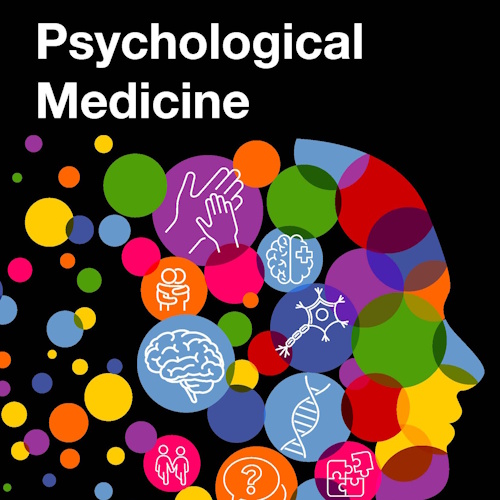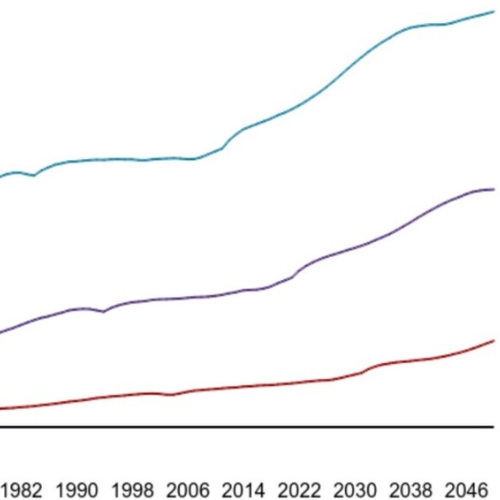Key points from article :
People who struggle to cope with the loss of a loved one may face more than emotional hardship – they may also face a higher risk of dying earlier. A new study led by Mette Kjærgaard Nielsen at Aarhus University, published in the journal Psychological Medicine, found that individuals who experienced persistently high levels of grief after bereavement had an 88% higher death rate over the next ten years compared to those with consistently low grief levels.
The study followed more than 1,700 people, mostly in their early 60s, who had lost a partner or parent to a terminal illness. Researchers assessed their grief at several points over three years and later linked their emotional responses to national health records. Those with prolonged, intense grief – marked by deep confusion or overwhelming feelings about life without their loved one – were significantly more likely to die over the next decade.
While grief itself can disrupt sleep, diet, and physical activity, the study also suggests that pre-existing health conditions might both worsen grief and increase mortality risk. Only 17% of participants had known health issues at the study’s start, but such conditions were more common in the high-grief group.
According to Andreas Maercker of the University of Zurich, who was not involved in the research, the findings reinforce the idea that grief is not just psychological – it has real physiological effects. Maercker and Nielsen agree that targeted support for those with prolonged grief may help prevent long-term health consequences, including premature death.








